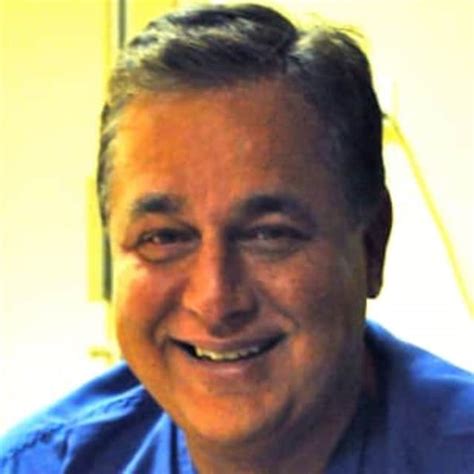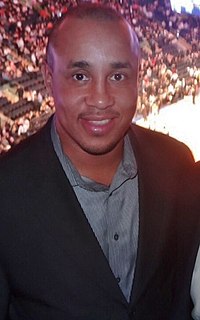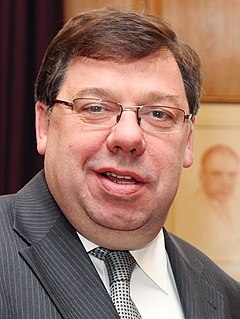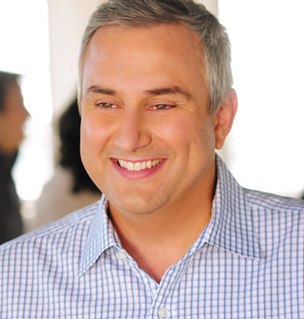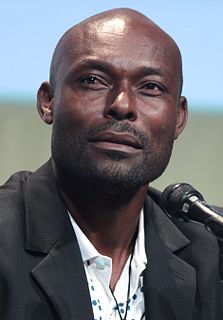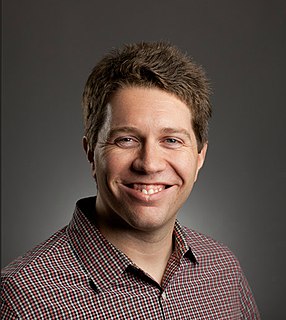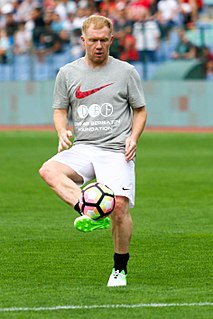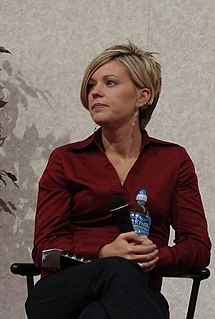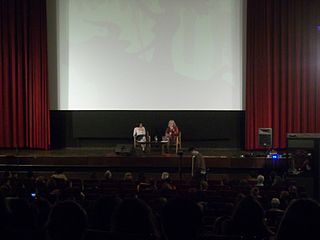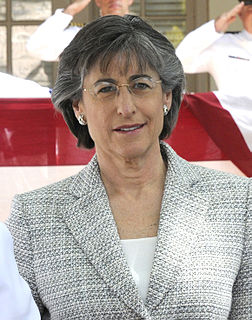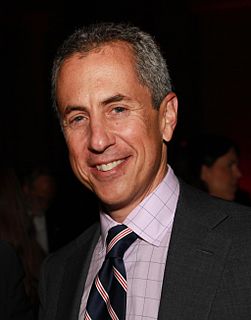Top 1200 Difficult Decisions Quotes & Sayings - Page 6
Explore popular Difficult Decisions quotes.
Last updated on April 23, 2025.
I have to remind myself - I think the population of the United States has been subjected to the most sophisticated form of propaganda and mind control that any group of people has been exposed to in a very, very long time. It's difficult for people in this country to get any kind of factual information and to make intelligent decisions based on them.
It is clear that we must trust what is difficult; everything alive trusts in it, everything in Nature grows and defends itself any way it can and is spontaneously itself, tries to be itself at all costs and against all opposition. We know little, but that we must trust in what is difficult is a certainty that will never abandon us; it is good to be solitary, for solitude is difficult; that something is difficult must be one more reason for us to do it.
I think everyone who makes movies should be forced to do television. Because you have to finish. You have to get it done, and there are a lot of decisions made just for the sake of making decisions. You do something because it's efficient and because it gets the story told and it connects to the audience.
We've seen in terms of the reaction to some proposals in the Budget already how resistant that public opinion is to, first of all, a public comprehension of the new paradigm in which we have to operate; and secondly, to the rationale for the decisions that we're taking and the reason for those decisions to be implemented and followed through.
In all the difficult decisions that I made through the course of running Loudcloud and Opsware, I never once felt brave. In fact, I often felt scared to death. I never lost those feelings, but after much practice, I learned to ignore them. That learning process might also be called the courage development process.
When I'm in the studio, I'm strictly thinking about the beats, the rhymes and the song. The decision I make once the songs are created, and there's a barcode put on the package, and I'm out there in the street selling it, those decisions as a businessman are different than the creative decisions you make.
Many of life's decisions are hard. What kind of career should you pursue? Does your ailing mother need to be put in a nursing home? You and your spouse already have two kids; should you have a third?such decisions are hard for a number of reasons. For one the stakes are high. There's also a great deal of uncertainty involved. Above all, decisions like these are rare, which means you don't get much practice making them. You've probably gotten good at buying groceries, since you do it so often, but buying your first house is another thing entirely.
The most basic principle to being a free American is the notion that we as individuals are responsible for our own lives and decisions. We do not have the right to rob our neighbors to make up for our mistakes, neither does our neighbor have any right to tell us how to live, so long as we aren’t infringing on their rights. Freedom to make bad decisions is inherent in the freedom to make good ones. If we are only free to make good decisions, we are not really free.
It is difficult to feel sympathy for these people. It is difficult to regard some bawdy drunk and see them as sick and powerless. It is difficult to suffer the selfishness of a drug addict who will lie to you and steal from you and forgive them and offer them help. Can there be any other disease that renders its victims so unappealing?
If you're making a bunch of little decisions - like, do I read this email now or later? Do I file it? Do I forward it? Do I have to get more information? Do I put it in the spam folder? - that's a handful of decisions right there, and you haven't done anything meaningful. It puts us into a brain state of decision fatigue.
It's the story of my life. You see, the quality of any advice anybody has to offer has to be judged against the quality of life they actually lead. Now, as you look through this document you'll see that I've underlined all the major decisions I ever made to make the stand out. They're all indexed and cross-referenced. See? All I can suggest is that if you take decisions that are exactly opposite to the sort of decisions that I've taken, then maybe you won't finish up at the end of your life" --she paused, and filled her lungs for a good should--"in a smelly old cave like this!
The part of capitalism that doesn't work for me is when capitalists make decisions in the way that Adam Smith suggested, which is that as long as you do everything in the interest of the investor, you're going to actually make the best decisions for all other stakeholders. I don't happen to agree with that.



